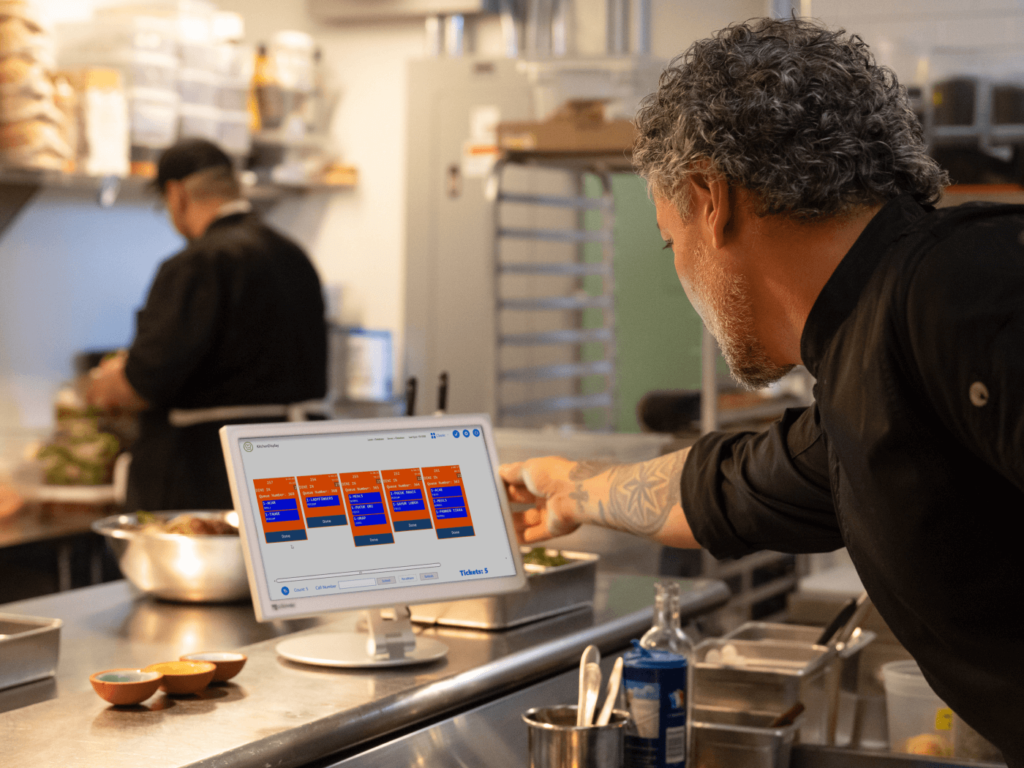In today’s fast-paced world, the importance of maintaining a healthy lifestyle and making informed choices about nutrition has become paramount. As a result, the demand for qualified nutrition coaches has grown exponentially. If you’re passionate about helping others achieve their health and wellness goals, embarking on a career as a nutrition coach might be the perfect fit for you. However, it’s important to understand the qualifications and expertise required to excel in this field. In this article, we will delve into the essential qualifications needed to become a nutrition coach and guide you on the path to success.
1: Education and Certification
To establish a solid foundation in the field of nutrition coaching, obtaining a relevant education is crucial. A formal education provides you with a comprehensive understanding of nutrition science and its practical applications. Pursuing a degree in nutrition science, dietetics, or a related discipline will equip you with the necessary knowledge to guide and support individuals on their wellness journeys.
In addition to formal education, certifications from reputable organizations can significantly enhance your credibility and expertise as a nutrition coach. Organizations such as Precision Nutrition, the Institute for Integrative Nutrition, or the National Academy of Sports Medicine (NASM) offer renowned certification programs tailored for aspiring nutrition coaches. These certifications demonstrate your commitment to ongoing learning and attaining industry-recognized standards.
2: Practical Experience
While theoretical knowledge is essential, practical experience is equally valuable in shaping your skills as a nutrition coach. Engaging in hands-on experiences allows you to apply what you’ve learned in real-world scenarios, working with diverse clients and addressing their unique needs. Seek out internships, volunteer opportunities, or positions under the mentorship of experienced nutrition professionals to gain invaluable practical insights.
During your practical experience, focus on honing your ability to create personalized nutrition plans, effectively communicate with clients, and adapt strategies based on individual circumstances. By working directly with individuals and witnessing the impact of your guidance, you’ll refine your skills and build the confidence necessary to succeed as a nutrition coach.
3: Continuing Education and Professional Development
The field of nutrition is dynamic, with new research and trends emerging regularly. To stay at the forefront of the industry, continuous learning and professional development are vital. Attend workshops, seminars, conferences, and webinars to expand your knowledge and remain up-to-date with the latest advancements.
Additionally, maintaining professional memberships in relevant organizations provides access to valuable resources, networking opportunities, and ongoing education. Scientific journals, reputable websites, and books dedicated to nutrition and wellness are also excellent sources for expanding your knowledge base. Remember, the more you invest in your own education and growth, the better equipped you’ll be to guide your clients towards optimal health.
4: Communication and Coaching Skills
Beyond technical knowledge, effective communication and coaching skills are essential for establishing meaningful connections with your clients. The ability to build trust, listen actively, and provide empathetic support are key components of successful nutrition coaching. Understanding behavior change theory and mastering motivational interviewing techniques will empower you to guide individuals through the challenges they may face on their wellness journeys.
Fortunately, there are resources available to help you develop and enhance your communication and coaching skills. Look for courses, workshops, or books that focus on these areas specifically. By continuously refining your interpersonal skills, you’ll create a supportive environment for your clients, fostering motivation and long-term success.
Takeaway
Becoming a nutrition coach is a rewarding career choice that allows you to make a positive impact on the lives of others. To excel in this field, it’s essential to acquire the right qualifications and expertise. Through a combination of education, certifications, practical experience, and ongoing professional development, you’ll be well-equipped to guide individuals towards optimal health and well-being.
Remember, the journey to becoming a nutrition coach is an ongoing process. Embrace every opportunity to expand your knowledge, refine your skills, and connect with fellow professionals in the field. By doing so, you’ll continuously evolve as a nutrition coach and contribute to the well-being of those you serve. So, embark on this exciting path, and empower individuals to achieve their health and wellness goals through the power of nutrition coaching.









